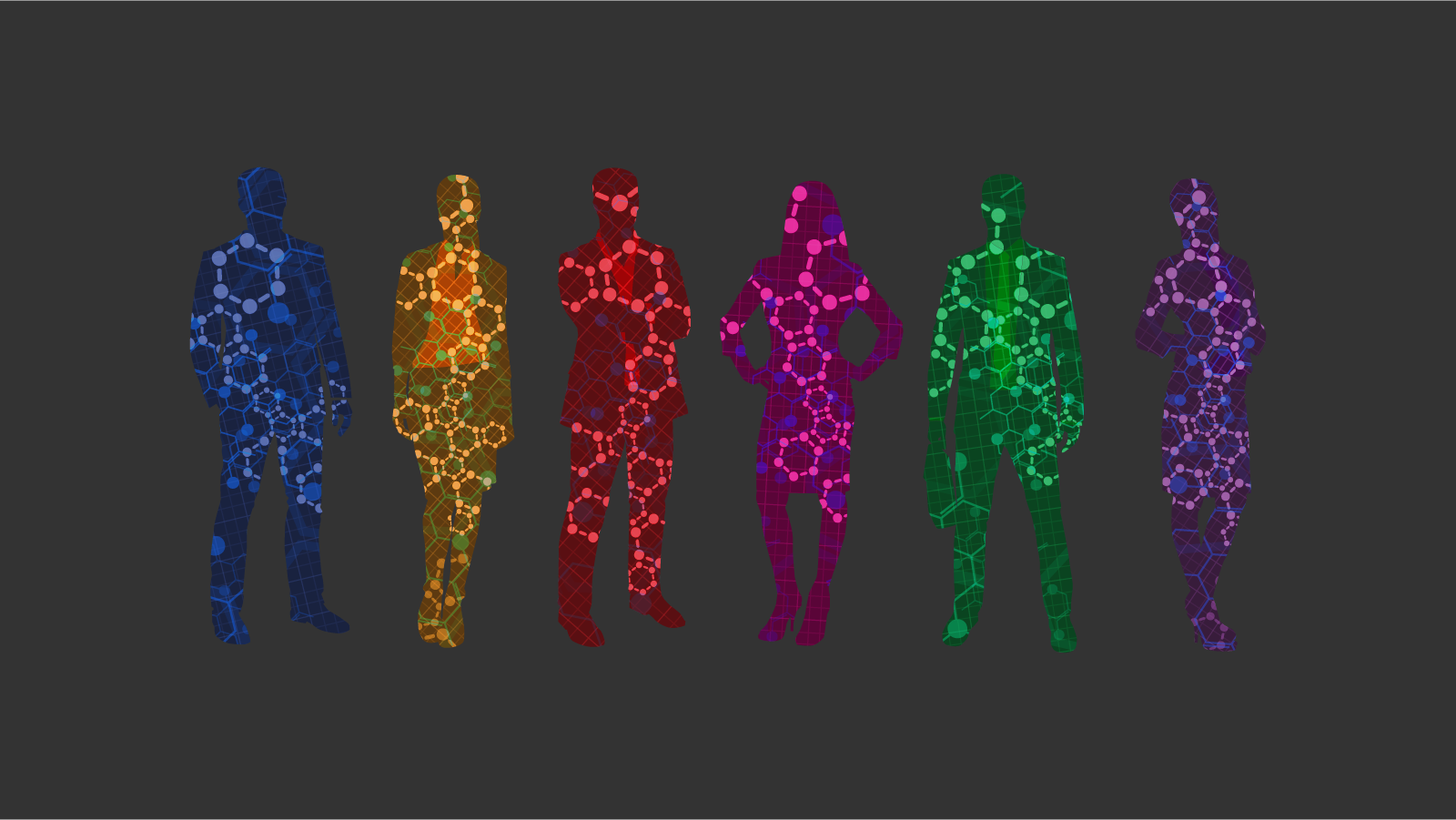Testosterone therapy may be administered to symptomatic hypogonadal men who have either normal PSA and DRE results or higher/rising PSA levels or abnormal DRE results but a prostate biopsy that is negative for cancer. Testosterone therapy requires regular monitoring of PSA and DRE. Urologic referral is recommended for prostate biopsy if there is a rise in PSA levels or an abnormality detected by DRE.
In men who would like to preserve fertility, exogenous testosterone should be avoided as it has detrimental side effects on sperm production. This occurs because testosterone negatively feeds back on the HPG axis, suppressed secretion of FHS and LH leading to decreased intra-testicular testosterone levels. In these patients, the better choice is to increase endogenous testosterone production through other types of pharmacotherapy (e.g. hcg injections or clomid) or weight loss (e.g. for overweight and obese patients wishing to have children).
It appears that weight loss is more likely to increase endogenous testosterone in massive obesity than it is in mild-to-moderate obesity. Although lifestyle modification is the mainstay of management for achieving sustained weight loss in the obese, hypogonadal male population, there is also a role for testosterone supplementation for helping to reduce total body fat.
Testosterone deficiency in Men - There are a variety of causes of testosterone deficiency (e.g. pituitary tumors, aging, head trauma, etc…) and it can have significantly negative impacts on health and quality of life. Hypogonadism has been associated with increased cardiovascular disease risk, loss of bone density, impotence, lack of sex drive, low energy, reduced endurance and strength, mood changes, and fatigue. Surprisingly, only 5-10% of hypogonadism in men is treated.
Exogenous T suppresses intratesticular T production, which is an absolute prerequisite for normal spermatogenesis. Therapies that protect the testis involve hCG therapy or selective estrogen receptor (ER) modulators, but may also include low-dose hCG with exogenous T. Off-label use of selective ER modulators, such as clomiphene citrate (CC), are effective for maintaining T production long term and offer the convenience of representing a safe, oral therapy. At present, routine use of aromatase inhibitors is not recommended based on a lack of long-term data.
Exogenous T supplementation decreases sperm production. Studies of hormonal contraception indicate that most men have a return of normal sperm production within 1 year after discontinuation. Clomiphene citrate is a safe and effective therapy for men who desire to maintain future potential fertility. Although less frequently used in the general population, hCG therapy with or without T supplementation represents an alternative treatment.
Choice of treatment for hypogonadism is based on the etiology (e.g. primary vs. secondary) and whether or not a male would like to maintain fertility. Replacing testosterone (e.g. via testosterone injections or topical testosterone preparations) is indicated unless a man would like to preserve fertility or has contraindications to this treatment. Randomized controlled trials have demonstrated testosterone replacement therapy given to men with and without obesity improves their body composition through reducing body fat percentage, waist circumference and regional fat distribution.

